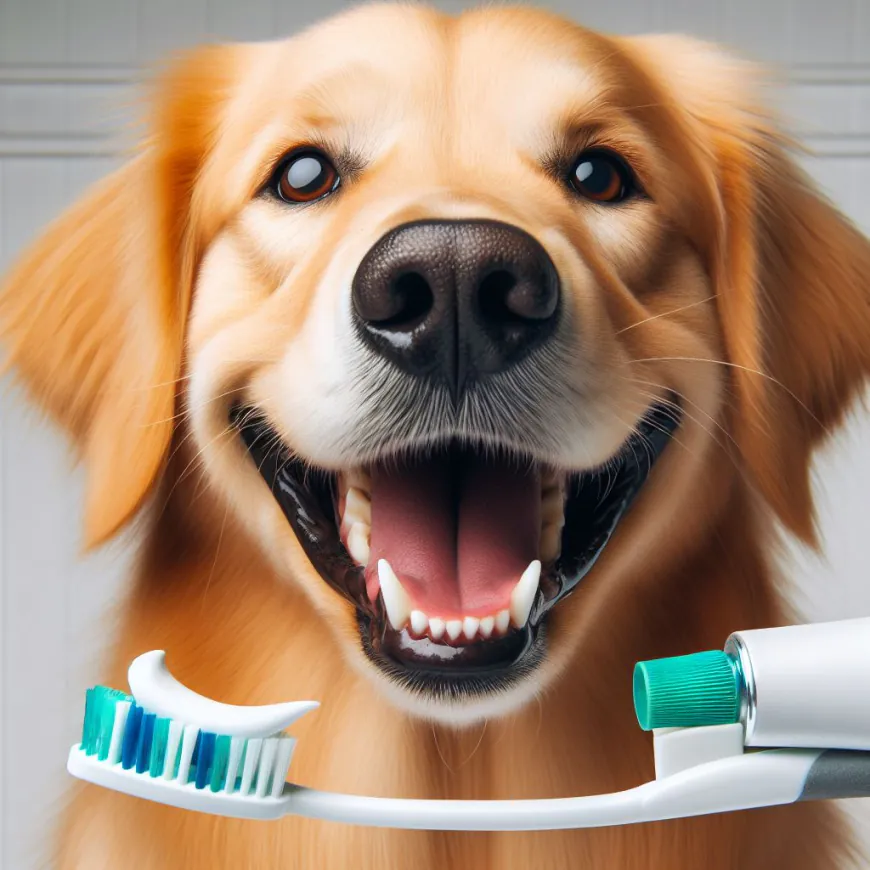Why Don't Animals Get Cavities Even Though They Don't Brush Them?
From herbivores to carnivores, How animals maintain cavity-free teeth. Discover their dental strategies.

Why Don’t Animals Get Cavities? The Enigma of Dental Health in the Animal Kingdom
Introduction
When it comes to oral hygiene, humans diligently brush their teeth, floss, and visit dentists regularly. But what about animals? Why don’t they suffer from cavities despite their lack of dental care routines? This intriguing question has puzzled scientists and dentists alike. In this article, we delve into the fascinating world of animal teeth, exploring the reasons behind their cavity-free existence.
The Basics of Cavities
Before we explore the animal kingdom, let’s recap what cavities are. Dental cavities, also known as caries, occur when bacteria in the mouth produce acids that erode tooth enamel. Over time, this erosion leads to holes or cavities in the teeth. In humans, poor oral hygiene, sugary diets, and lack of regular dental check-ups contribute to cavities. But what about animals?
Animal Teeth: A Diverse Landscape
Animals exhibit a wide range of dental structures, adapted to their specific needs. Let’s take a closer look at some remarkable examples:
1. Herbivores
Herbivores, such as cows, giraffes, and horses, have specialized teeth for grinding plant material. Their molars are large, flat, and ridged, designed to break down tough cellulose fibers. Unlike humans, herbivores continuously grow their teeth throughout their lives, compensating for wear and tear.
2. Carnivores
Carnivores, like lions, wolves, and crocodiles, have sharp, pointed teeth for tearing flesh. Their dental hygiene is surprisingly efficient. After a meal, they often gnaw on bones, which act as natural toothbrushes, removing debris and maintaining healthy gums.
3. Rodents
Rodents, such as mice and beavers, have ever-growing incisors. These front teeth grow continuously, preventing cavities by naturally wearing down as the animals gnaw on hard objects. Their diet of fibrous plants and tough bark also contributes to self-cleaning.
The Mystery of Cavity Resistance
Now, let’s address the central question: Why don’t animals get cavities?
1. Diet
Unlike humans, animals consume natural diets that align with their dental needs. Herbivores eat fibrous plants, which stimulate saliva production and help cleanse their teeth. Carnivores feast on raw meat, which doesn’t promote bacterial growth. Their diets lack processed sugars and refined carbohydrates, major culprits in human cavities.
2. Saliva Composition
Saliva plays a crucial role in cavity prevention. Animals’ saliva contains enzymes that neutralize acids and promote remineralization of tooth enamel. Additionally, their saliva has antimicrobial properties, keeping harmful bacteria at bay.
3. Genetic Adaptations
Over millions of years, animals have evolved genetic adaptations that enhance their dental health. Some species have thicker enamel, making their teeth more resistant to decay. Others have unique tooth structures that prevent food particles from getting trapped.
Conclusion
In summary, animals maintain cavity-free teeth through a combination of diet, saliva composition, and genetic adaptations. While we humans can learn from their natural strategies, it’s essential to continue our oral hygiene practices. So next time you brush your teeth, remember that animals have been doing it right all along—without a toothbrush in sight!
What's Your Reaction?








































